Ethical and Legal Concepts: Federal Regulations for Quality Healthcare
VerifiedAdded on 2023/04/21
|14
|988
|89
Essay
AI Summary
This essay provides an overview of ethical and legal concepts crucial for ensuring patient safety and delivering high-quality healthcare. It emphasizes the importance of understanding and implementing these frameworks within healthcare organizations. The essay discusses key concepts such as informed consent, beneficence, non-maleficence, confidentiality, and privacy, highlighting their direct impact on patient well-being. Furthermore, it examines specific federal regulations like the Patient Safety and Quality Improvement Act (PSQIA), HIPAA privacy rule, and the Hospital Readmissions Reduction Program (HRRP), illustrating how these laws contribute to maintaining patient safety and quality of care. The essay concludes by underscoring the significance of ethical and legal compliance in preventing errors, reducing patient suffering, and promoting a culture of safety within healthcare settings. Desklib provides access to a wealth of resources, including similar essays and solved assignments, for students seeking to deepen their understanding of healthcare ethics and law.
1 out of 14

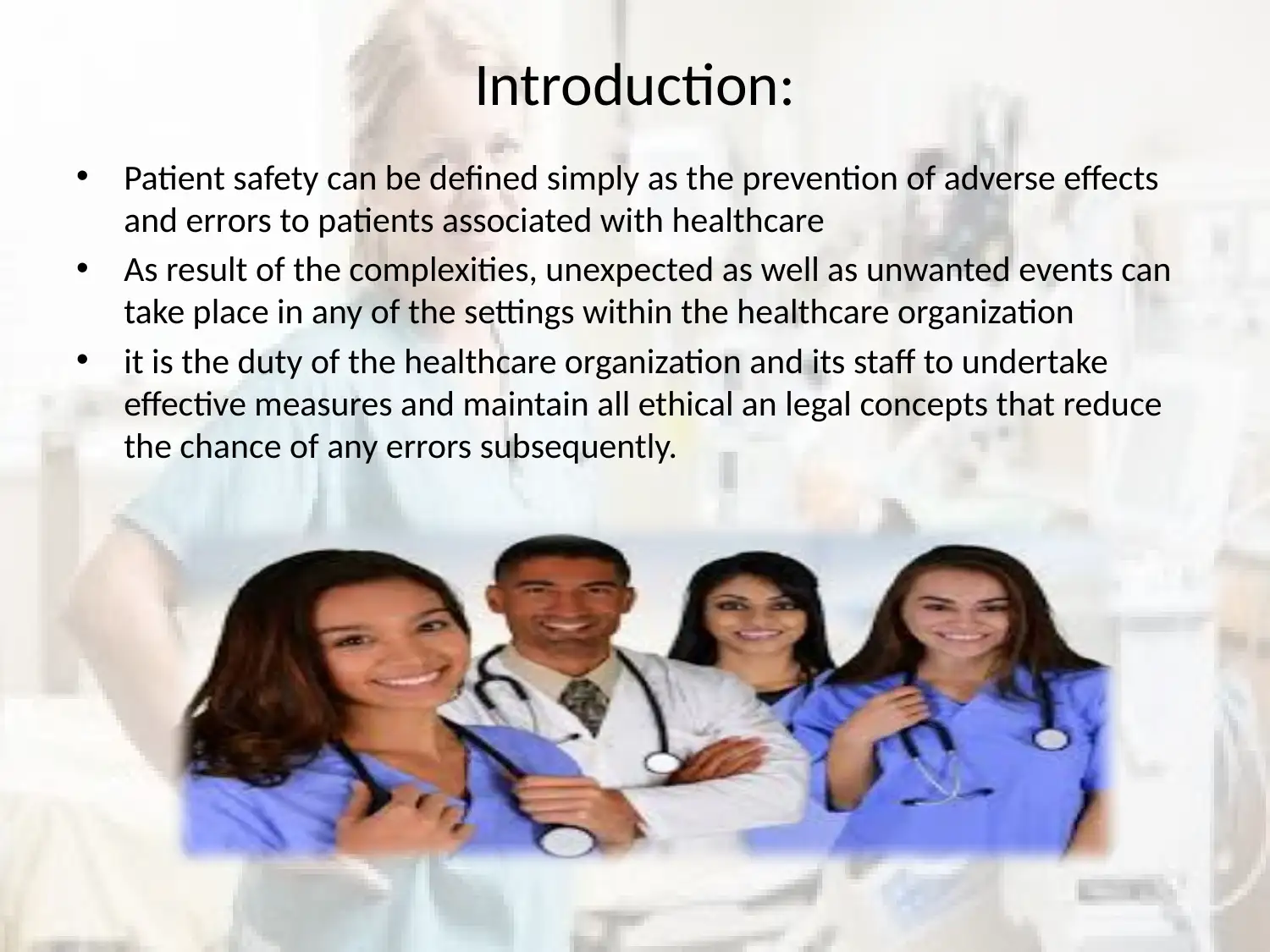
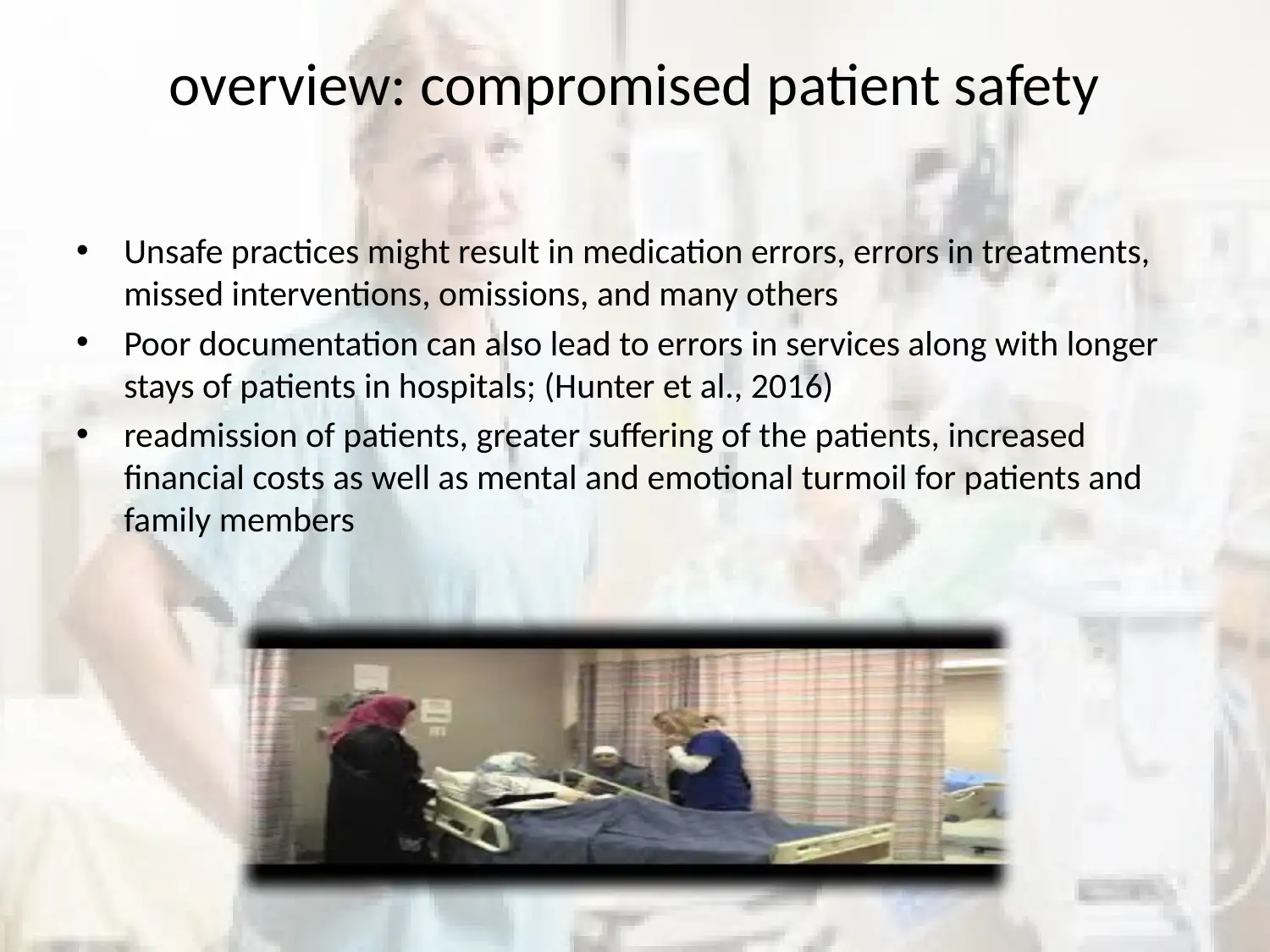

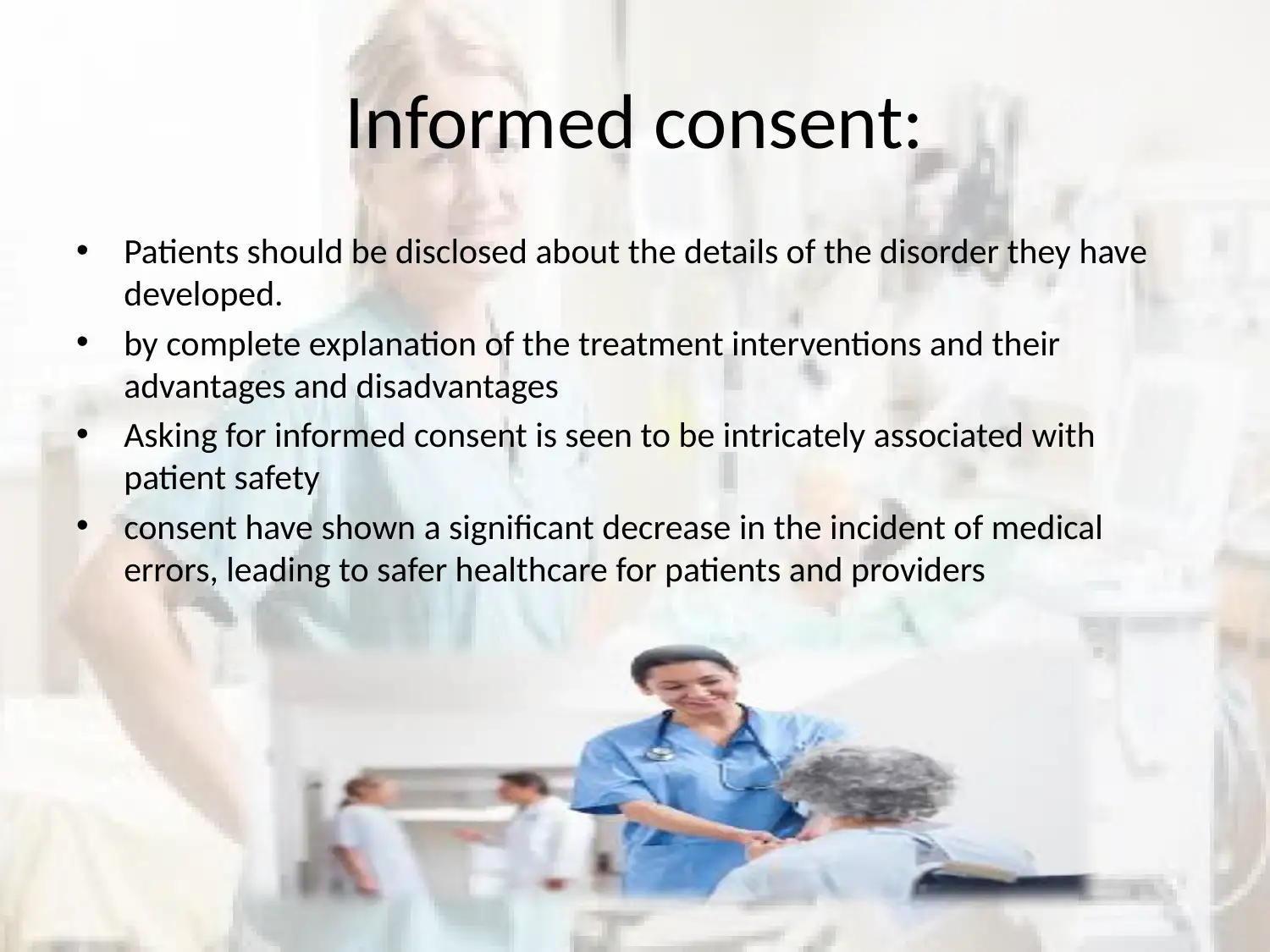
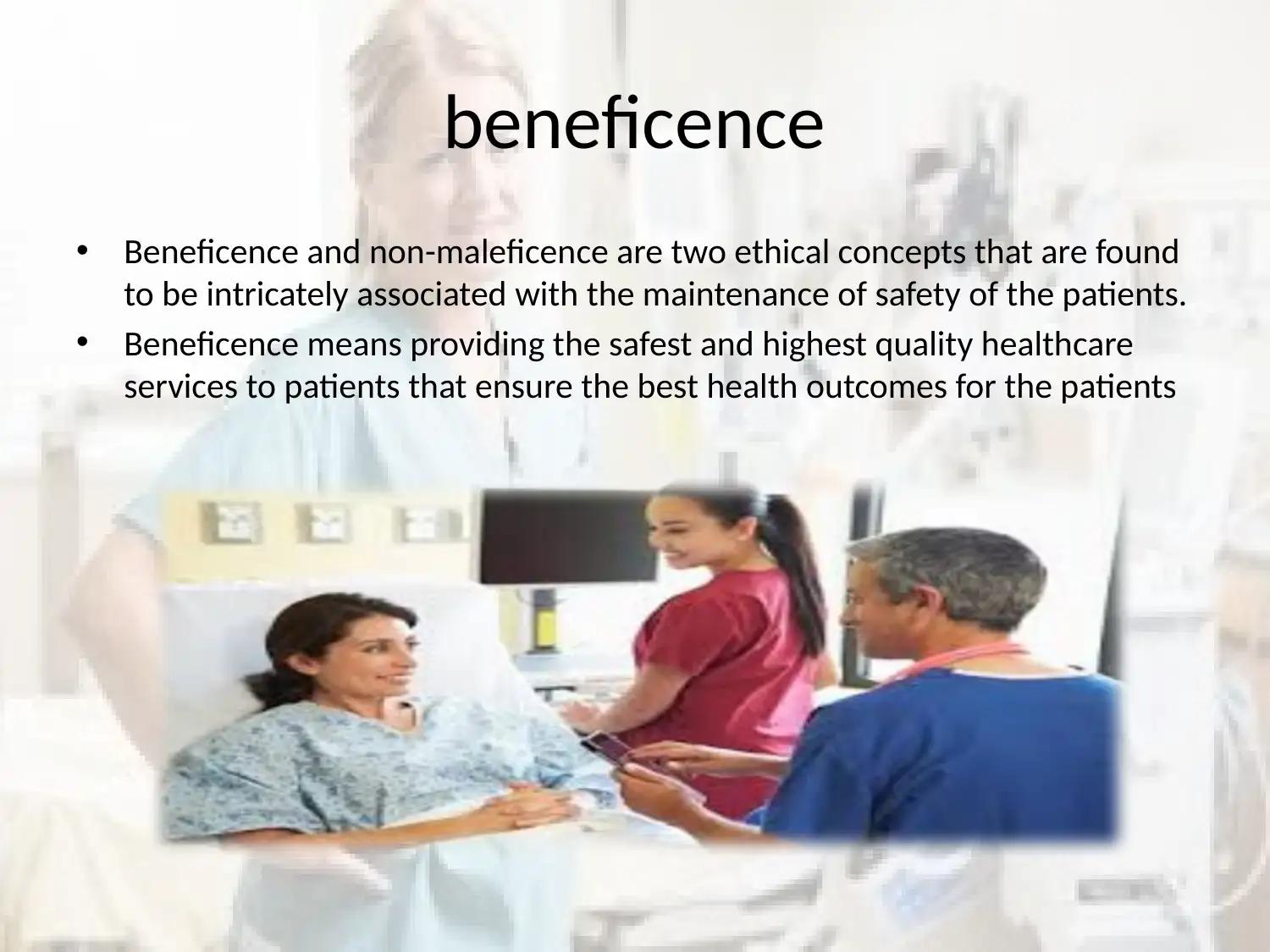
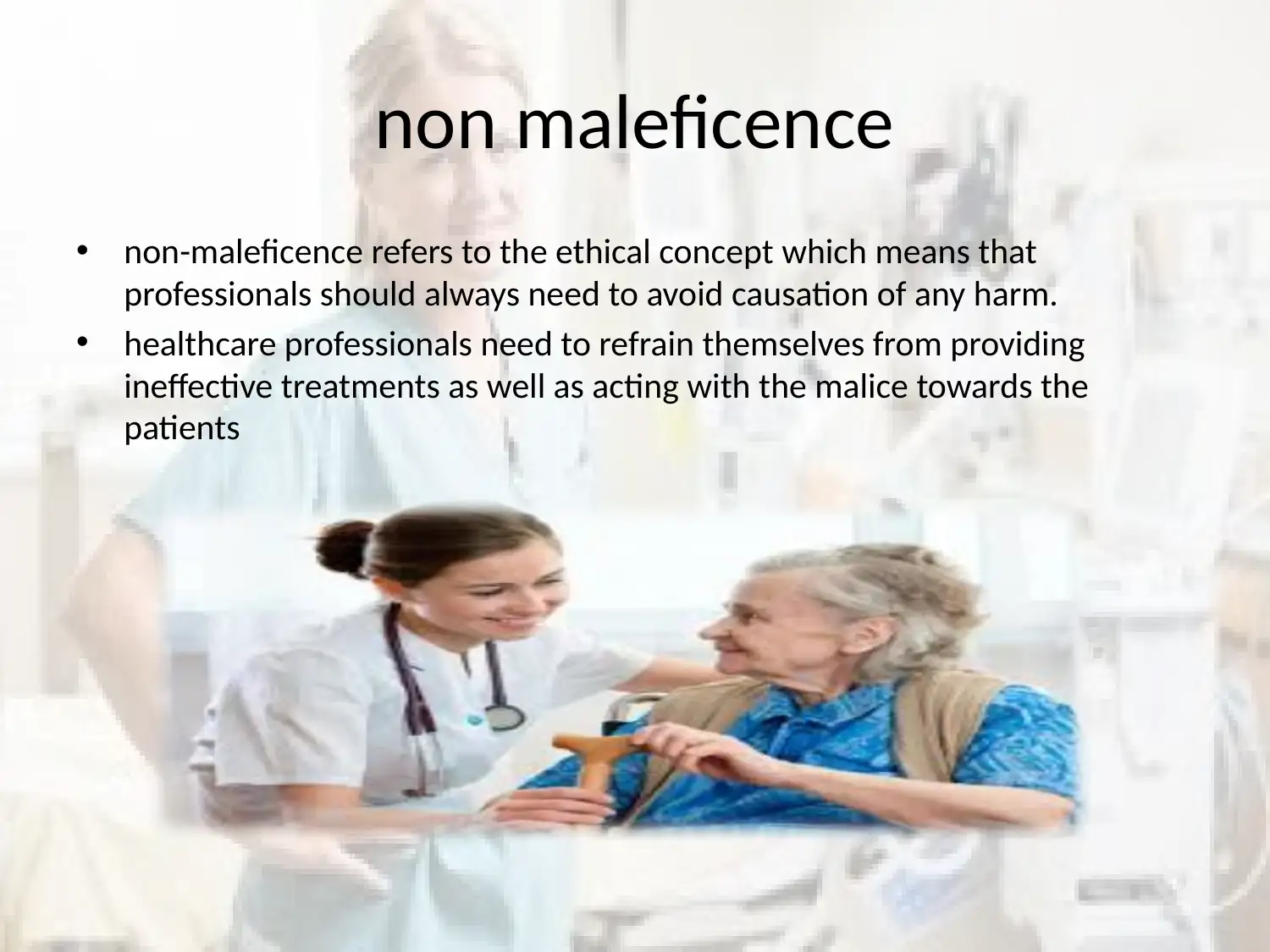
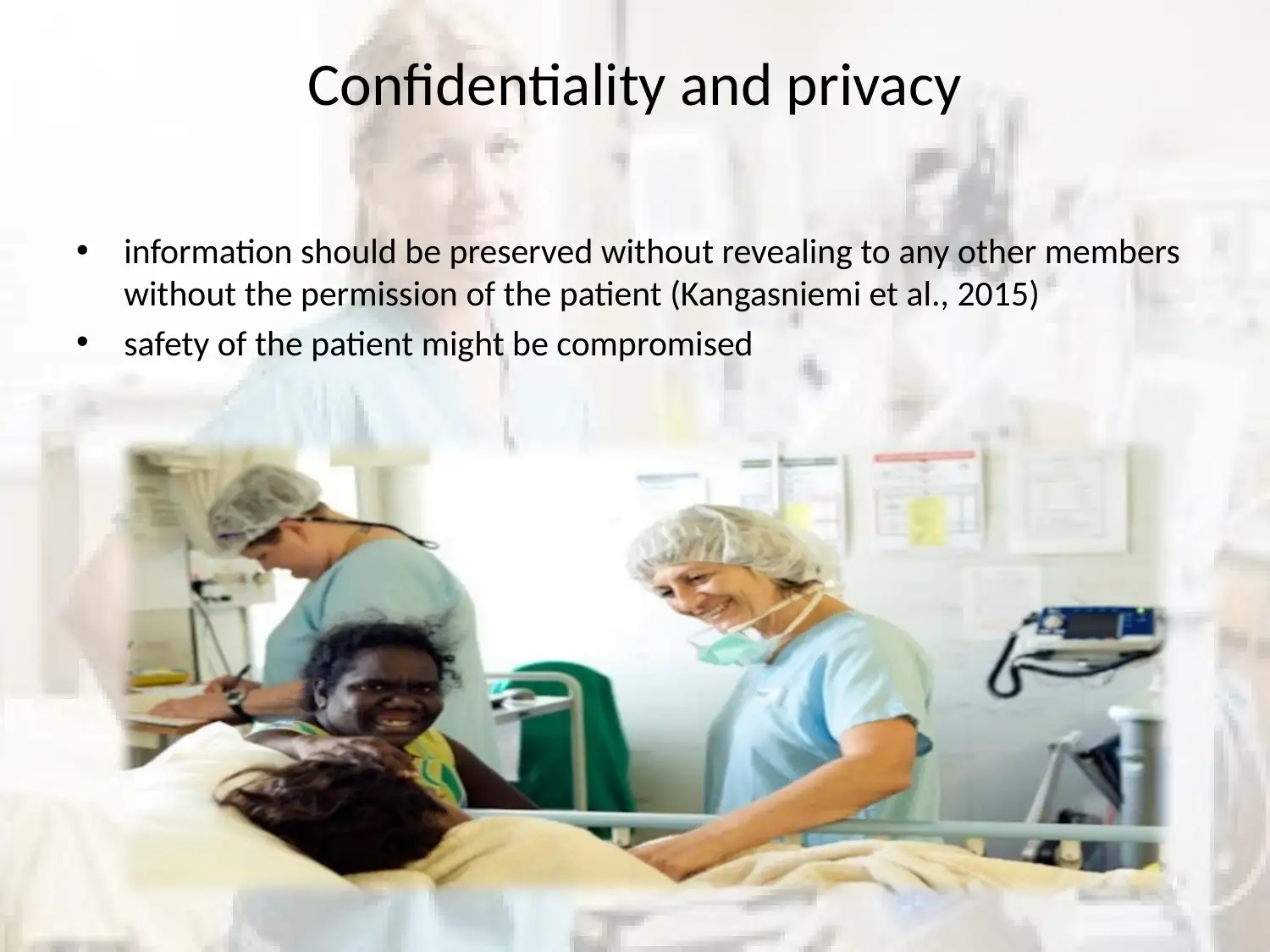
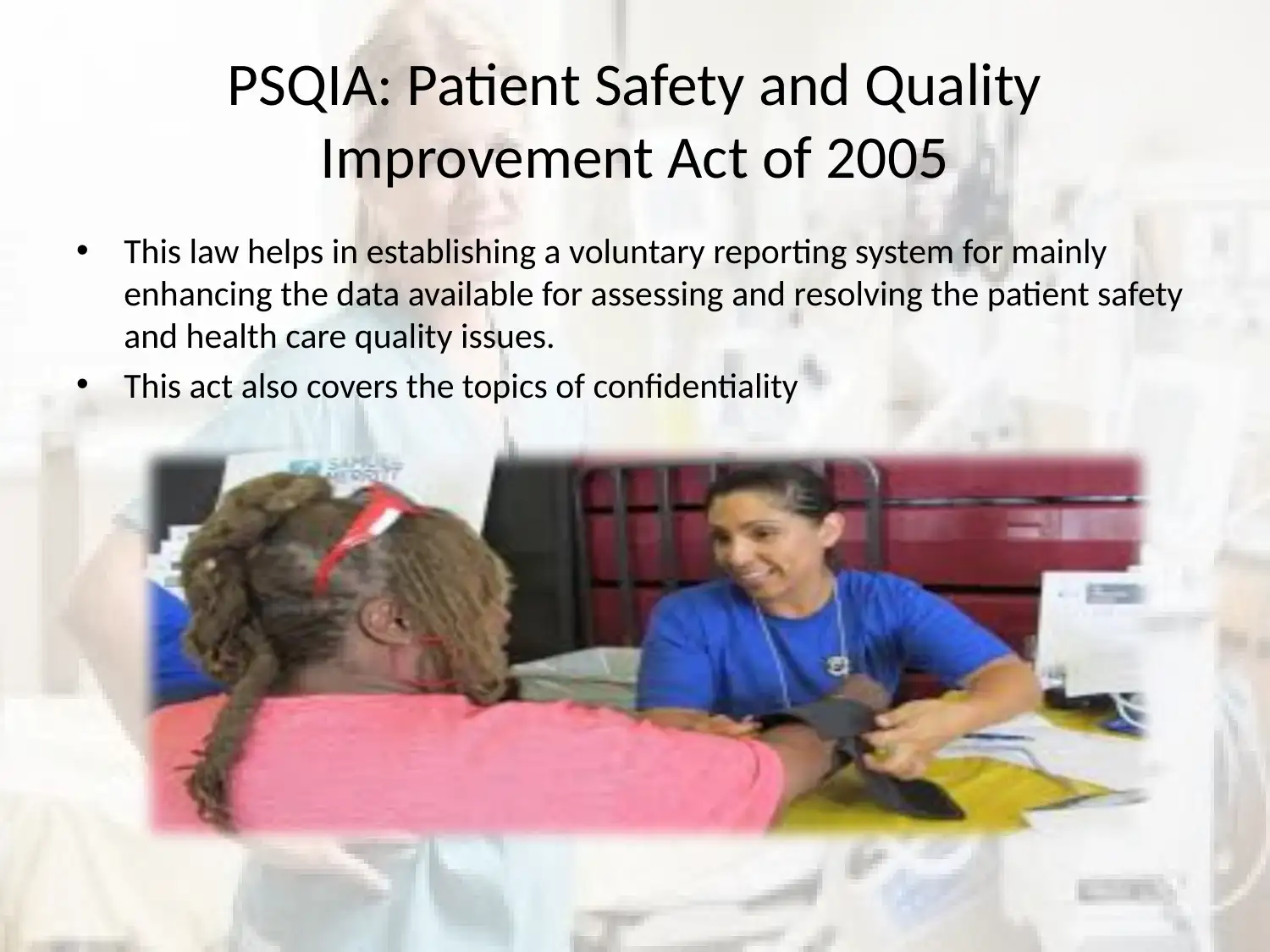
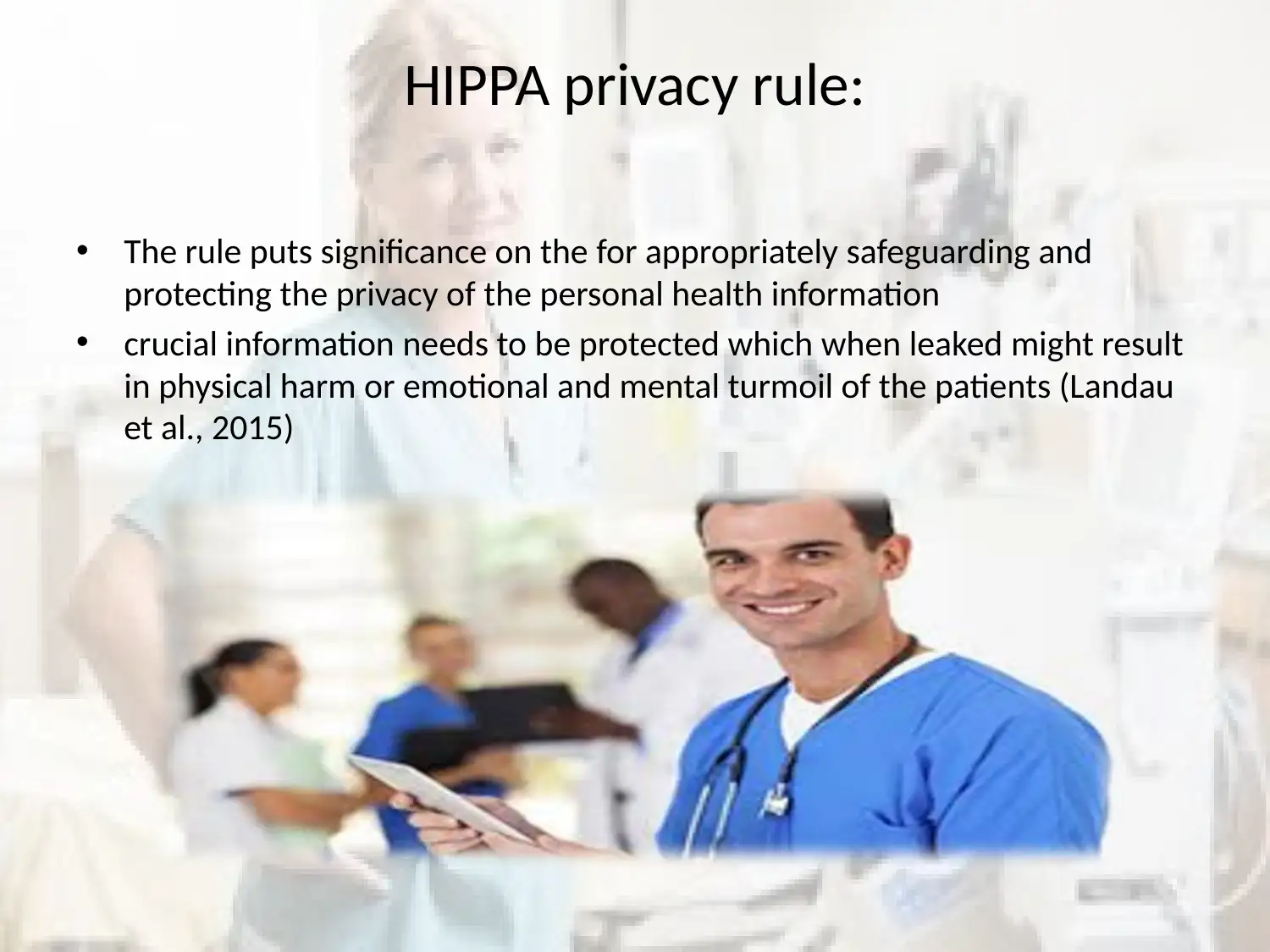
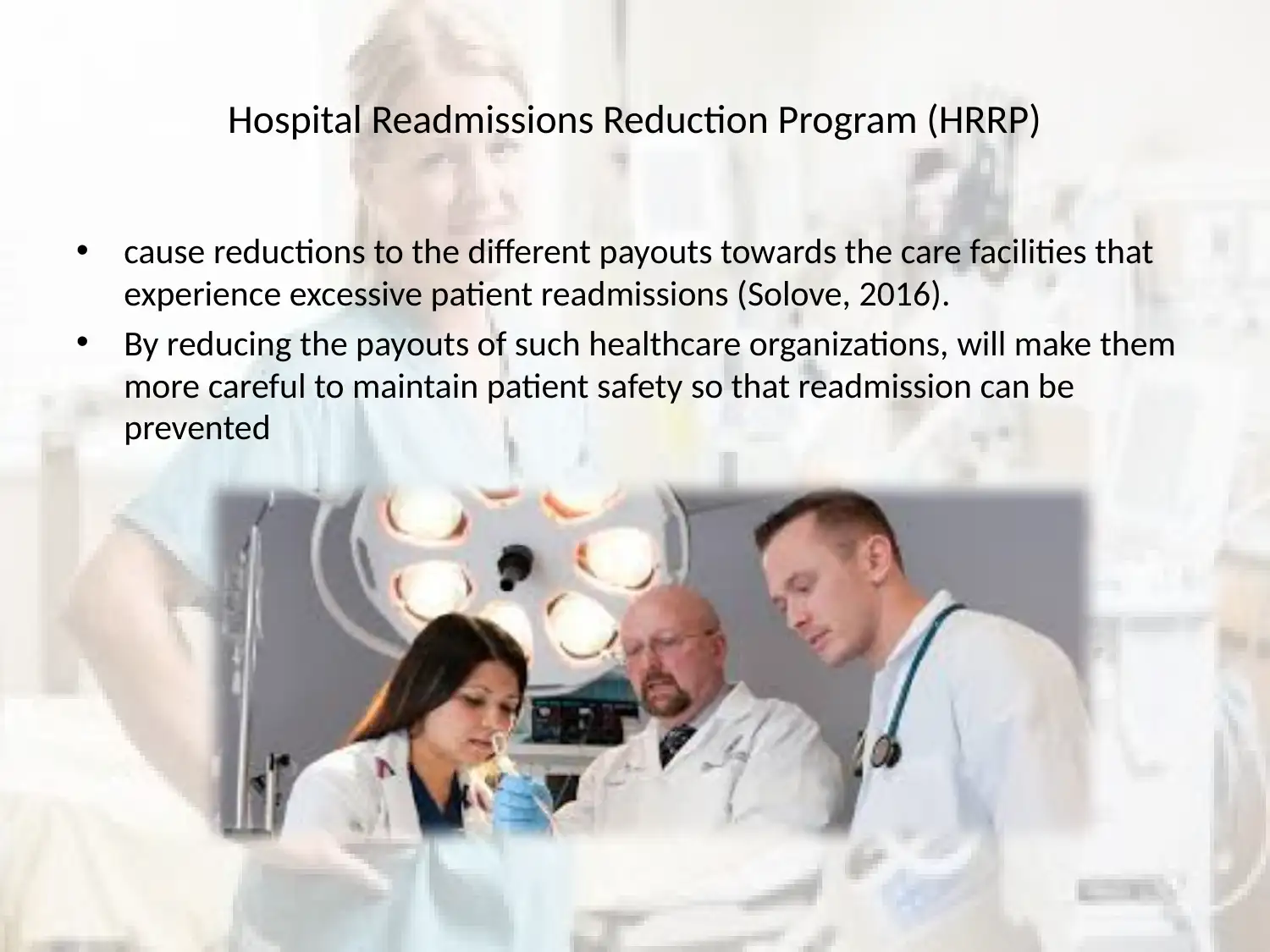
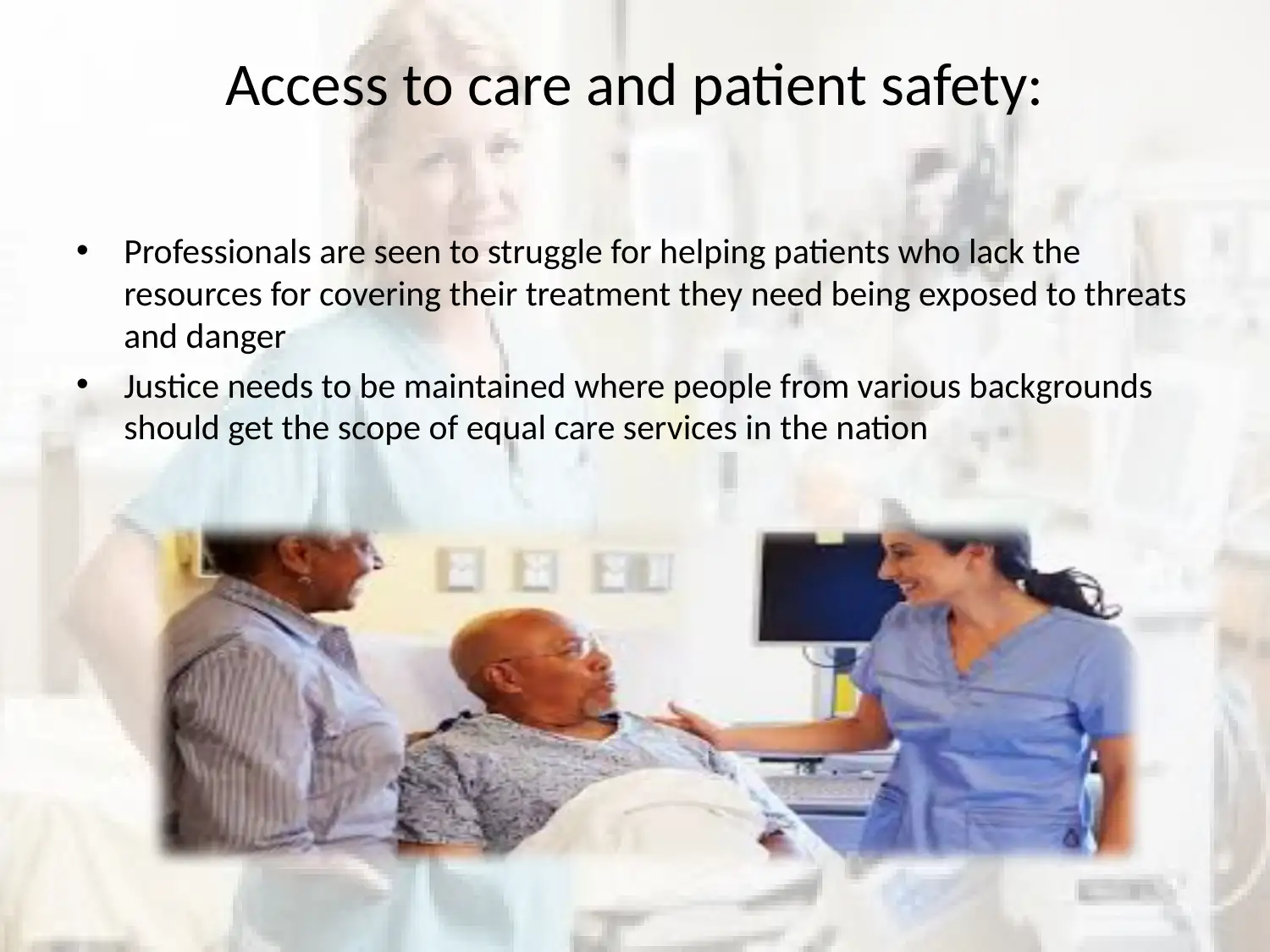
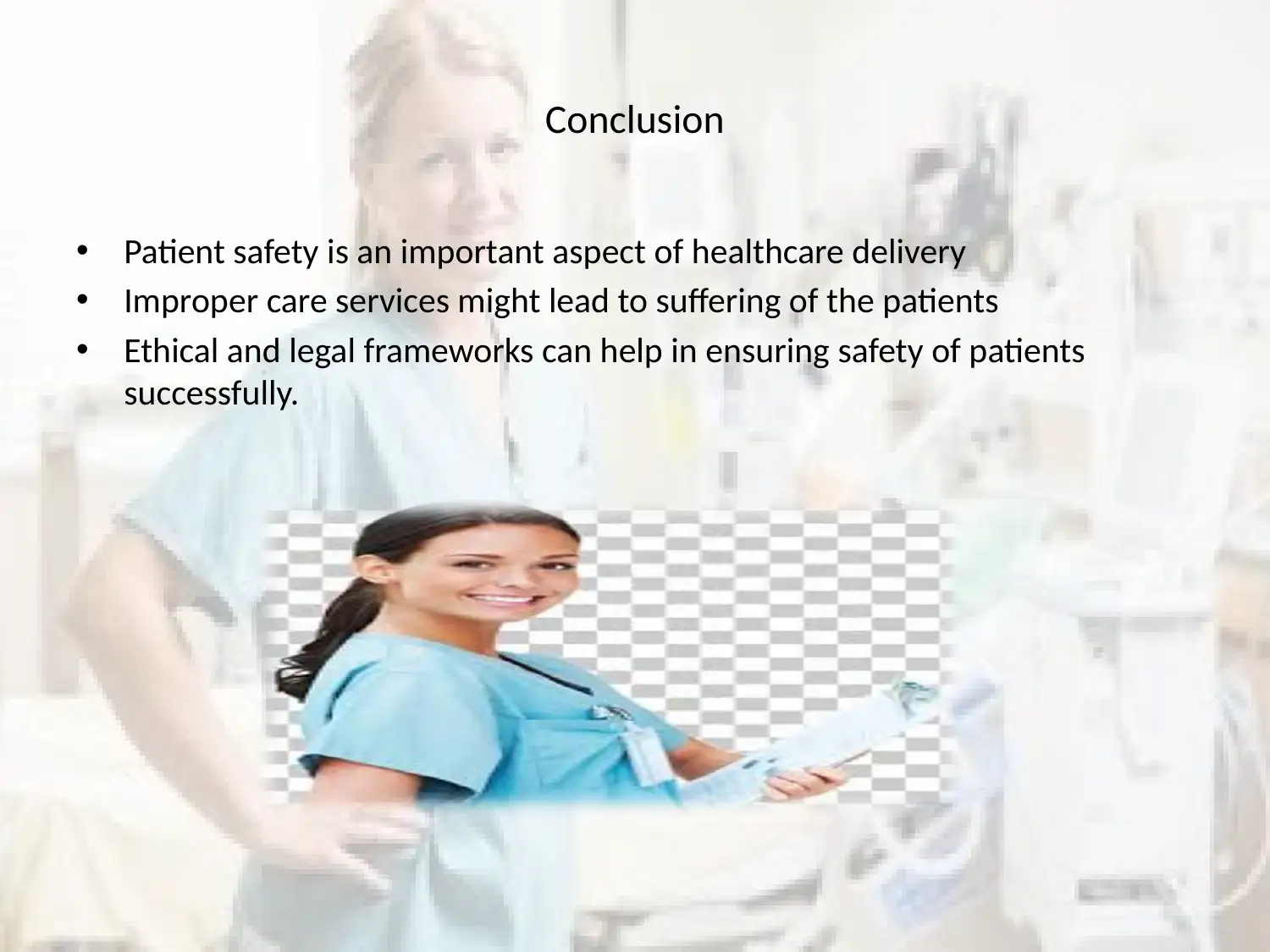





![[object Object]](/_next/static/media/star-bottom.7253800d.svg)